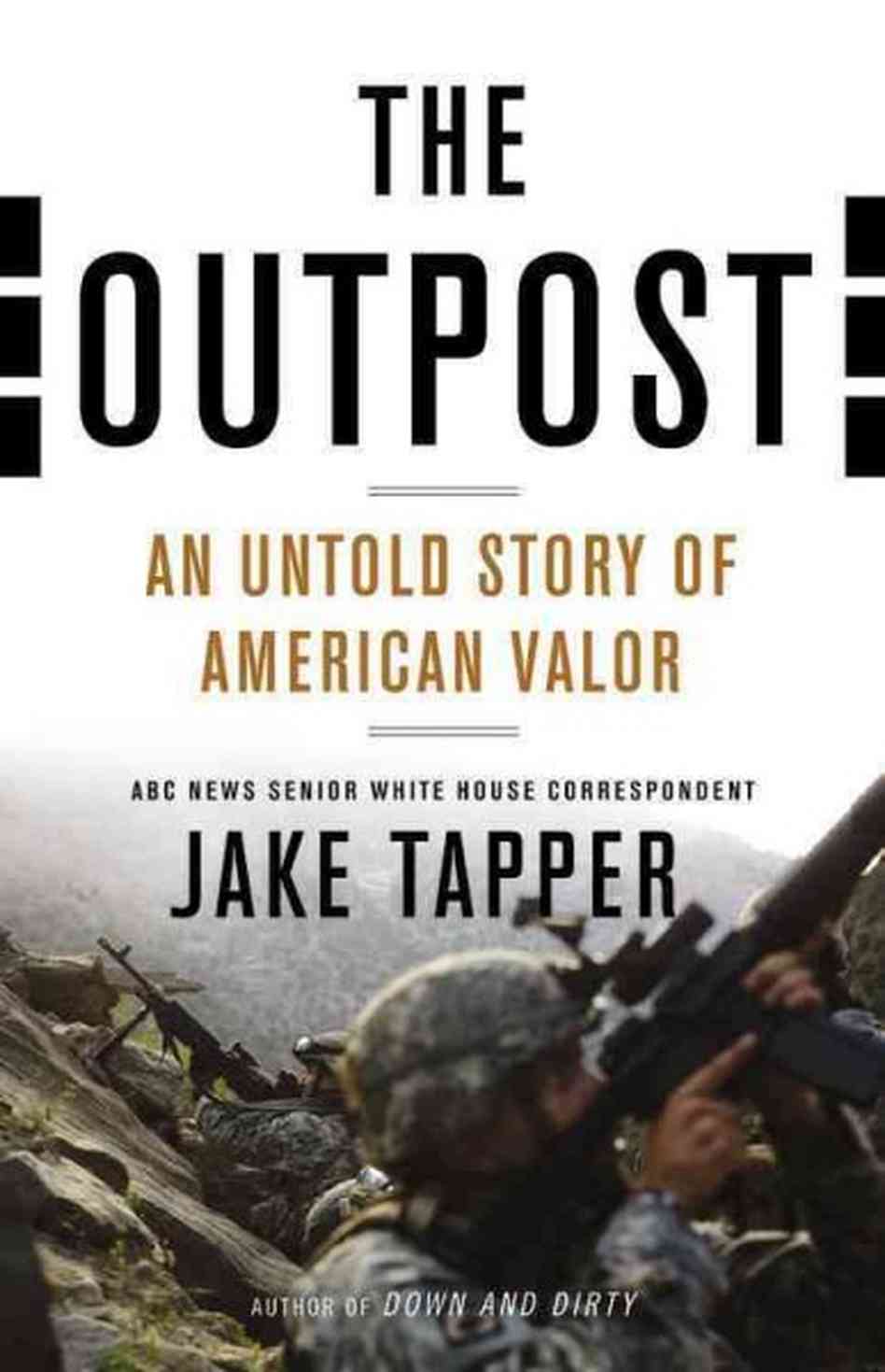
The Outpost by Jake Tapper is a must read for the student of war, the doctrine of counterinsurgency, those wishing to understand Afghanistan and why ultimately success has been elusive. It is also the sad and ultimately tragic tale of Combat Outpost (COP) Keating from when it was first established in 2006 to the final battle that resulted in two Medals of Honor being awarded.
It is a testament to the close combat fight and provides a very unique perspective on one post in Afghanistan over a three year window chronicling various units dealing with many of the same issues. One walks away with a depth of understanding of both the successes and failures of various approaches and commanders in Afghanistan. It aptly explains the dichotomy of war where the right approach by the wrong people will predictably fail as often as the wrong approach applied by the right people will surprisingly succeed.
“The Outpost” is very well referenced with numerous footnotes, notes and sources and does an exceptional job of placing the reader in the midst of many a firefight after creating a personal link between the reader and the soldiers in the fight. It’s because of that personal involvement that most readers will walk away with a sense of sadness all the more so because it is a true story. “The Outpost” unlike many books, also communicates the successes, failures, good and bad decisions along with the strengths and faults of many characters in a manner that doesn’t condemn the individuals involved but in a manner that explains how these decisions were made.
Tapper also provides the most in depth account of the Battle of Kamdesh/COP Keating I have yet seen. A fierce battle fought by 60 American soldiers against an estimated 300 insurgents ultimately costing the lives of eight of their comrades, 27 wounded and for the first time since Vietnam where two living Americans (Staff Sergeant Clinton Romesha and Staff Sergeant Ty Carter) were awarded the Medal of Honor.
I am personally drawn to books like these that weave the personal stories of the soldier on the ground into the larger operational and strategic policy decisions they are actually charged with accomplishing. I’d be interested in the insights of those who have read the book. Please share and those wondering if this would be a worthwhile read are also encouraged to post their questions.
